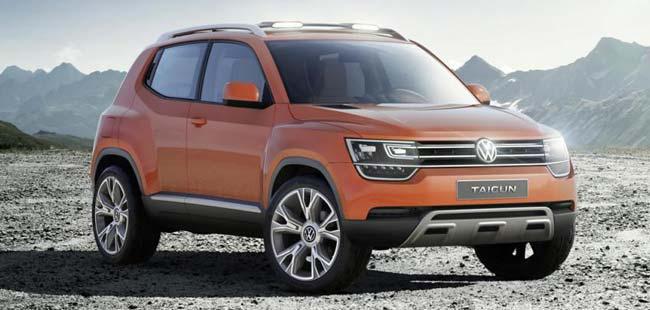Israeli rock-hard – s $100 engine to power car revolution, Latest News – Updates at Daily News – Analysis

Israeli hard’s $100 engine to power car revolution
Updated: Oct 31, 2016, Ten:30 AM IST, AFP
An Israeli rigid says a super-efficient engine it has created could drastically reduce fuel consumption and help power an auto industry revolution as manufacturers search for environmentally sound alternatives.
Industry analysts, however, question the reinvented internal combustion engine’s chances of success at a time when purely electrified car technology is advancing and attracting investors.
The invention from Israeli-based Aquarius Engines is presently being discussed by France’s Peugeot, the rock-hard said.
Must Read
The electrical car revolution is coming, but not until 2025
Aquarius says the cost of the engine will be as low as $100 (92 euros).
According to the rigid, the engine can permit cars to travel more than 1,600 kilometres (990 miles) on a single tank of fuel, more than dual current distances.
Must Read
Witness: Self-driving truck from Uber’s Otto makes beer delivery
Such efficiency is vital as countries seek to reduce carbon dioxide emissions — the main cause of climate switch. Car engines are a major source of CO2 emissions.
Aquarius’s technology works by disrobing back the traditional engine under the bonnet.
Must Read
Self-driving hardware to be built into all its cars, says Tesla
It substitutes the combustion engine with its numerous pistons thrusting up and down with a single piston that goes side-to-side.
It has fewer than twenty parts and a single act, the company said.
In tests by the German engineering company FEV, the Aquarius engine’s efficiency was more than dual that of traditional engines.
“It is the highest efficiency you will most likely meet,” co-founder Gal Fridman told AFP at the company’s offices near the Israeli commercial capital of Tel Aviv.
“It has the lowest emissions and the highest power-to-weight ratio.”
A Peugeot spokesman said: “We are discussing with them, as with many other start-ups, without obligation or a specific project.”
For Peugeot and others, the engine could help them challenge with the growing popularity of electrical cars, John German, a senior fellow at the International Council on Clean Transportation, said.
He said the engine would work best as part of a plug-in hybrid system, with manufacturers looking at “the idea of putting a smaller, inexpensive, range extender” alongside a battery and motor.
But he said Aquarius’s radical design, and the switches it would require to manufacturing lines, might make companies in a risk-averse industry hesitant.
– Undermining electrical cars? –
The technology can also be used to make more efficient backup generators and other products, the company says.
Aquarius is presently seeking its third round of funding and is aiming for $40-50 million.
But its challenge is to undermine the thrust towards electric-only cars, said Ana Nicholls of the Economist Intelligence Unit.
She said latest evidence suggested that “people are beginning to trend away from hybrid cars towards fully electrified vehicles”.
US-based electrified car maker Tesla is on course to sell around 50,000 vehicles in the 2nd half of 2016, it has announced.
Nicholls said that automotive giants, with research and development budgets spread lean, could be wary of investing in Aquarius.
“I think the feeling in the industry at the moment is very much that if they are going to put their resources behind something then most likely fully electrical engines are the way to go.”
Aquarius’s Fridman argued there is too much “hype” around purely electrical cars, and that their actual popularity is limited because of puny ranges and high prices.
“50,000 units is nothing,” he said of Tesla’s projected sales.
“It is amazing as there has been a shove from governments, municipalities, etc. And still, after fifteen years the segment is not truly successful.”
Franco Gonzalez, a senior technology analyst at the IDTechEx analysis hard, said Aquarius was coming in the competition late and playing “catch up”.
“Automotive companies take seven to ten years to implement a fresh technology,” he said.
“So Peugeot would need to accelerate their implementation very, very rapid to at least catch up to what Tesla, BYD, Nissan and other companies supporting the electrified car model are achieving.”
German said it was too early to say if the engine could make a major dent.
“A lot depends on the path the electrified vehicle revolution takes. If unspoiled battery electrics sell well then there most likely isn’t much need for this kind of engine,” he said.
“But if people balk at the long recharge time and high costs of battery-only cars, then systems like these might be the future.”